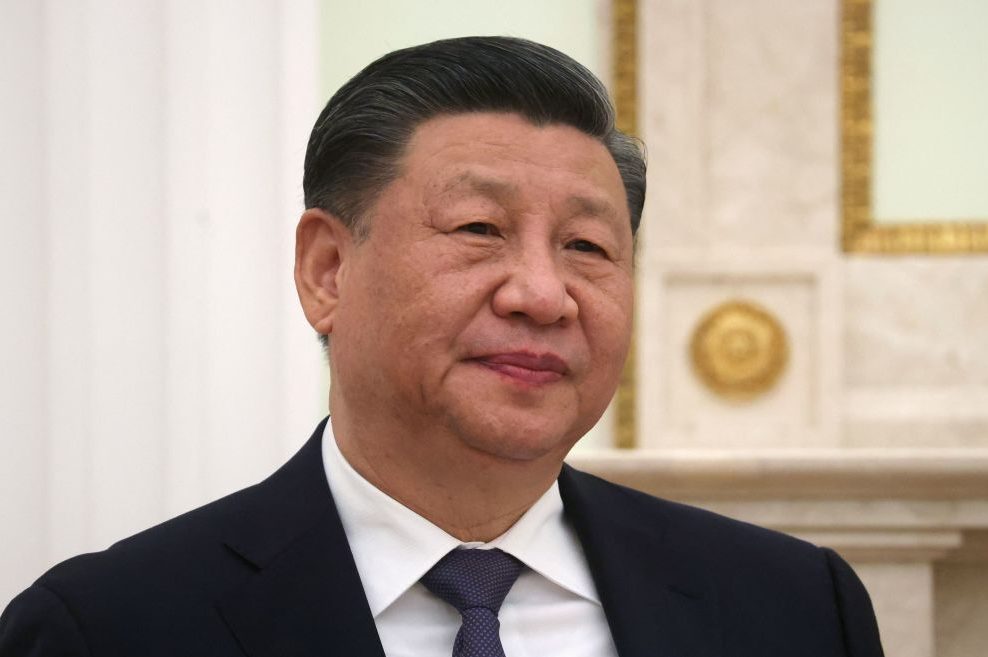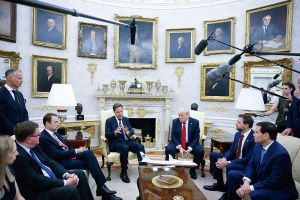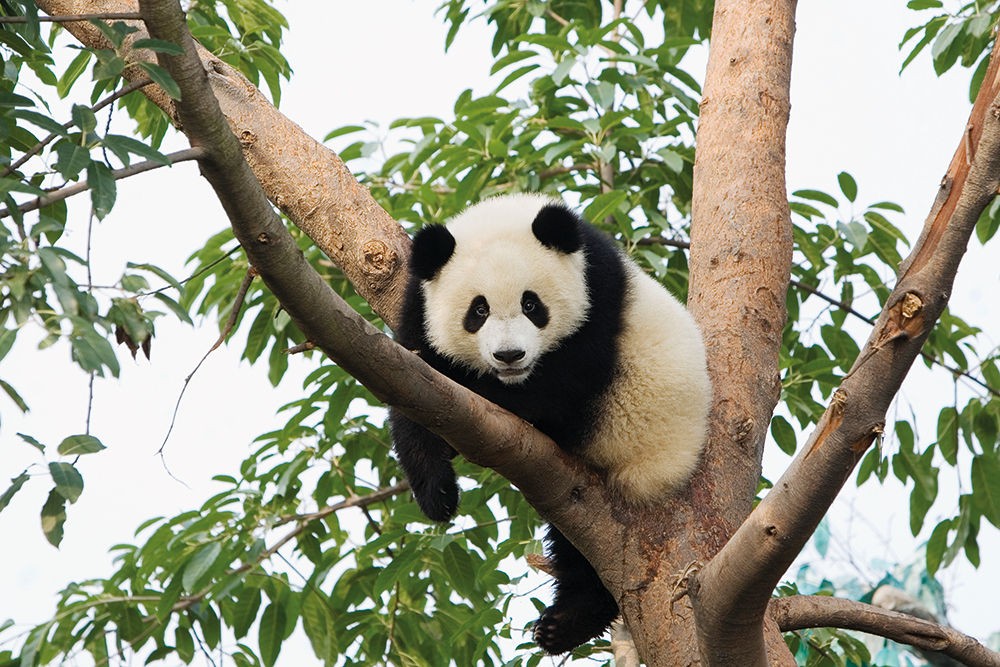It was perhaps the most intriguing moment of their Moscow summit. As Xi Jinping left the Kremlin last night, he stood face to face with Vladimir Putin and told the Russian leader, “Change is coming that hasn’t happened in 100 years and we are driving this change together.” The two men clasped hands, smiling. “I agree,” Putin said, briefly bringing up his free hand to hold Xi’s arm. The Chinese leader then added, “Please take care, dear friend.”
Xi then walked down a step and into his limousine. Putin stood awkwardly at the curb side, waving, and very briefly appeared to bow his head as Xi’s cavalcade swept away. He cut a rather lonely figure.
Analysts have pored over every word, every nuance from this highly choregraphed summit, but those few unscripted moments on the Kremlin steps perhaps tell us more about Xi’s and Putin’s relationship than the reams of platitudes in official communiques.
The optics were striking. Putin appeared every bit the supplicant. The dynamics of their partnership have been shifting for some time now, but the Ukraine war has massively accelerated that move and Russia is now highly dependent on China economically and diplomatically. Xi is the senior partner, and the body language screamed that disparity of power. Xi at times appeared almost nonchalant, barely trying to conceal an air of superiority, Putin anxious and edgy. But what of the words themselves?
A benign reading is that Xi was trying to reassure his beleaguered friend that things can only get better. But there is a more chilling reading — that Xi was re-affirming their shared longer term project to create a new international order, and both men see the Ukraine war as part of that project. Both regard western democracies as decadent and in decline and share a culture of grievance and victimhood and an almost messianic vision of restoring imperial greatness. The Chinese Communist Party sees itself as a redemptive power after a so-called “century of humiliation” at the hands of rapacious foreigners — hence the significance of the 100 years. It is central to CCP mythology.
That Russia was the most rapacious of those foreigners, stripping China of 350,000 square miles of territory during the nineteenth century is neither here nor there in the new geopolitics. They have a shared vision that transcends the historical animosities. A marriage of convenience perhaps, but a very dangerous one. Those parting words suggest not only that Xi will never abandon Putin, but that Russian brutality in Ukraine suit Xi’s broader purpose of weakening the west just fine. For those who have spent much of the past two days looking for some rays of sunlight between the two, it suggests there are none. Xi’s claims to be a peacemaker simply do not stand up to scrutiny. He is increasingly a party to the conflict, which he is effectively underwriting. And Xi’s talk of “driving this change together” suggest a far greater level of cooperation and coordination than has been appreciated.
What will Volodymyr Zelensky have made of that scene on the Kremlin steps? It has been suggested that Xi will soon call him, if only to promote the fiction of being a mediator, but what can the Chinese leader possibly say and how will his Ukrainian counterpart respond? Zelensky is quick-witted and nimble-footed and has been looking for ways of using China. But he will also know that Xi is not going to abandon Putin.
Those parting words also raise the question of what was agreed behind closed doors in Moscow. Certainly a stepping up of economic assistance, which so far has been China’s most important contribution to Putin’s war effort. But what of arms and ammunition, which Putin will certainly have pressed for, and which would transform the conflict as well as global geopolitics? Is that part of the change that is coming, that they will drive together? It is a chilling prospect, for which the west needs to be prepared.
This article was originally published on The Spectator’s UK website.

























